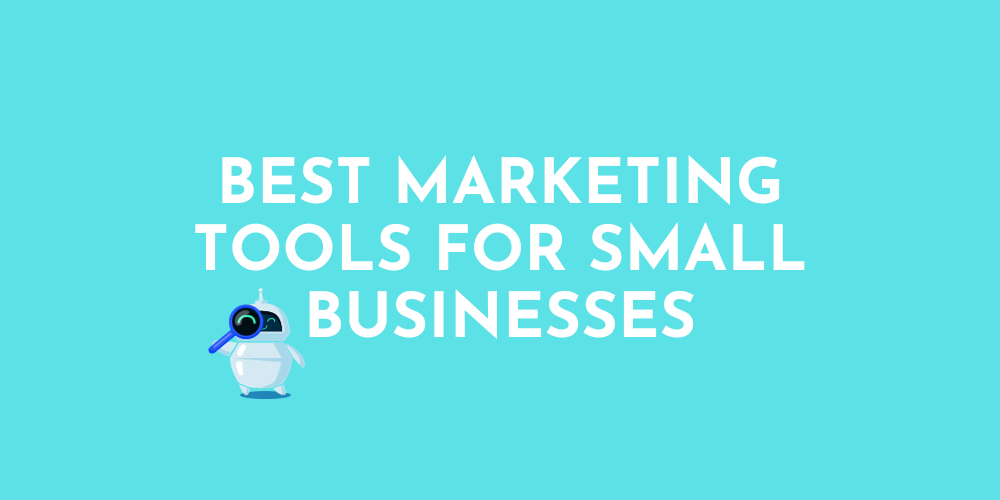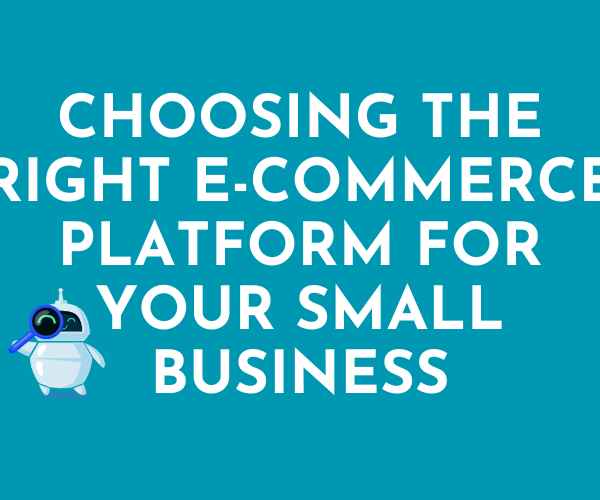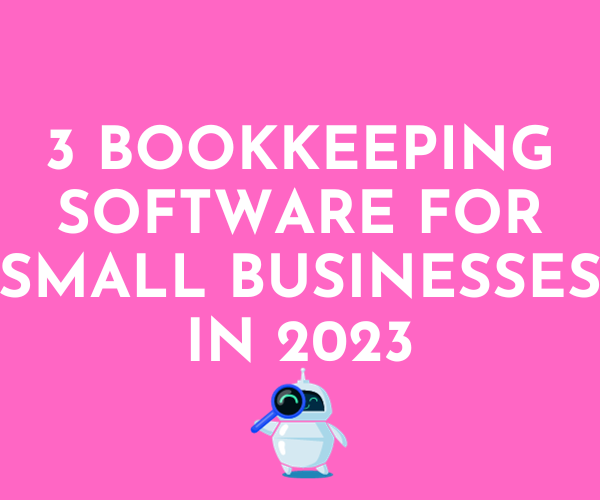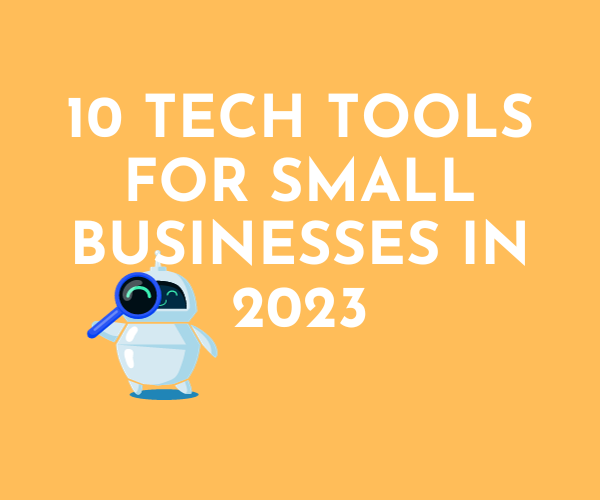Small businesses have started using marketing tools to improve the quality of their customers. You can build a brand online with marketing tools to simplify sales funnels and increase conversions to grow your business. The right customer will respond to your brand through emails, social media, and other engagements to display their passion for your products.
What is a Marketing Tool?

A marketing tool is an application that can be run online to maintain a smooth business. The low cost of marketing tools has made it possible for small businesses to compete with multinational corporations at affordable prices.
Business owners can shift to marketing tools to track their sales and build a longer-lasting relationship with their customers. You won’t have to shell out millions of dollars in marketing budget to produce high-quality conversions for your brand.
You can launch successful campaigns with a smaller budget using marketing tools to scale your business. Marketing tools have enabled entrepreneurs to weave magic into their brands that can be compared to marketing agencies. Advanced features available within marketing tools offer fresh insights that can steer small businesses towards profits for the foreseeable future.
Types of Marketing Tools
There are various types of marketing tools that small businesses can rely on. A good mix of marketing tools can bring your brand into the news feed of potential and existing customers to promote products throughout the year. From content marketing tools like WordPress to website analytics tools, you can try a variety of these marketing tools before subscribing to their services.
Content Marketing
Content marketing is a core aspect of building a brand online. Website content, landing pages, and blogs can play a significant role in shaping the outcome of marketing campaigns for your small business.
Consistent messaging across various platforms like emails, Google ads, and mobile apps can drive sales beyond expectations. Content marketing tools such as Grammarly Business can reduce errors and make your brand more polished. People will have an easier time reading about your brand with the help of content marketing tools.
Email Automation
Email automation tools are apps that you can use to set up multiple sales channels for your brand. Regular emails sent through email automation tools can attract new customers and influence their decisions to buy new products online.
There are dozens of beautiful templates available on email automation tools. You can choose an email template, customize the messaging, and promote offers within minutes. These marketing tools provide seamless integration with your website to boost sales.
Social Media Marketing
Social media marketing tools can be used to spread the reach of your brand. You can easily manage social media content across platforms like Facebook, Twitter, YouTube, and TikTok.
Small business owners can operate their business accounts using social media marketing tools to generate positive engagements. Social listening becomes a breeze with dedicated hashtags, calls-to-action, and timely responses. You can also distribute social media content using automated schedules to save time.
Website Analytics
Website analytics tools reveal meaningful data about your website visitors. You can gain access to valuable insights about your customers using website analytics tools to optimize content. Page views, bounce rates, and the total time spent on different pages of your website can be measured using website analytics tools to improve its performance.
SEO Tools
You can use SEO tools to find the right keywords for your brand. SEO tools can help your content climb up the ranking on search engines like Google and Microsoft Bing to increase visitors to your website. It can instantly display information such as keyword difficulty score and domain authority of backlinks to increase click-through rates on marketing campaigns for small businesses.
Why Do Small Businesses Need Marketing Tools?

Most small businesses use marketing tools to cut down on organizational costs. You can establish your brand online with marketing tools to acquire customers and retain their loyalty.
By automating tasks using marketing tools, business owners can increase the effectiveness of marketing campaigns. Creating content for your brand becomes effortless with marketing tools. The integration of various marketing tools helps business owners locate new customers with ease. Small businesses can manage their resources within their company to maximize their revenue by adapting to marketing tools in 2024.
Marketing tools provide robust dashboards that present business insights at one glance. Your business decisions can be backed by data-driven results to capture new audiences. Setting business goals like generating new leads and increasing sales on marketing tools can be pivotal to achieving success.
Benefits of Marketing Tools for Small Businesses
Small businesses can leverage marketing tools to impact several aspects of their brand.
1. Reach your target audience.
Marketing tools can broaden the reach of marketing campaigns across online platforms. You can find new customers who like your products from different parts of the world through marketing tools. Marketing campaigns can be run based on various demographics, such as age, gender, and other preferences.
2. Increase customer engagement.
Engaging with your customers can lead to astounding results for small businesses. Marketing tools facilitate small businesses to launch effective campaigns that can drive customer engagement online. These digital tools have a wide range of features to increase brand awareness and create meaningful interactions with your customers.
3. Build brand loyalty.
Marketing tools can reinforce brand loyalty among customers for small businesses. You can send targeted emails to ideal customers with discounts and exclusive offers to reward their loyalty. Getting constant feedback from your customers through direct responses can support your brand by strengthening specific products that can turn into best-sellers.
4. Make Improvements in Real Time.
You can view the status of campaigns on marketing tools to avoid dips in sales. Small business owners can identify dips early using marketing tools in real-time to prevent unprecedented losses.
These digital tools provide regular updates on sales trends to alert small business owners of potential market opportunities. Marketing tools let small businesses compete against larger companies during peak seasons to earn a good portion of the pie.
Best Marketing Tools for Small Businesses
Hootsuite
WordPress
Grammarly Business
Semrush
1. Hootsuite
Hootsuite is a premier social media marketing tool for small businesses. You can plan and publish content for different social media platforms from one app using Hootsuite. The marketing tool has several templates that help small business owners create captivating content within minutes.
It has an intuitive AI that can generate captions and hashtags to highlight each post on social media. Hootsuite supports leading social media platforms including Facebook, Instagram, LinkedIn, and YouTube. Small business owners can easily compare the performance of their content against global competitors to increase engagement online.
You can view and respond to messages across social media platforms on Hootsuite. Chatbots and auto-responders can be set up to save time using the marketing tool.
Features of HootSuite
Small business owners can create and publish an unlimited number of posts through Hootsuite. It has a social content calendar that makes it seamless to plan content for your brand. You can shorten links and track the performance of various posts using a simple tool within the app.
It provides plenty of suggestions that let you monitor trends to discover new content. You can access hundreds of high-quality images for free on Hootsuite to create amazing content for your brand. Regular reports from the marketing tool can assist small business owners in identifying their top-performing content to boost visibility.
Pros
- Unlimited posts
- Supports multiple accounts
- Provides best times to post
- Free stock imagery
Cons
- Doesn’t have a free plan
2. WordPress
WordPress can transform your small business into a fully-fledged website. You can design your website as per your needs using the marketing tool. It has multiple security measures, such as firewalls and encryptions, to guard your website against cyber attacks.
The content management system (CMS) software allows small business owners to build an intuitive website. Blogging capabilities of WordPress have been accredited to increasing the number of unique visitors online. Over 70 million new blog posts are published through WordPress each month to help people find the right audience.
Features of WordPress
You can drag-and-drop files into WordPress templates using a Block Editor. Web pages can be redesigned by arranging various pieces of content to appeal to a larger audience online. Social media tools embedded in WordPress let users share their content on Tumblr and Facebook with open graph tags.
Plugins like Yoast can be used for free on WordPress to optimize content on your website. You can create personalized domains for your small business with custom names to set up an online store. Published content on the website can also be sent as an email to customers on WordPress.
Automatic backups are stored online on the marketing tool to prevent websites from crashing and losing their data. The wide range of templates available on WordPress lets you change key aspects of your website like colors, fonts, and widgets in a few clicks to improve its layout.
Pros
- Open-source platform
- Thousands of plugins
- Impressive set of SEO tools
Cons
- Premium themes are expensive
- Frequent updates
3. Grammarly Business
Grammarly Business is an AI marketing tool used to enhance writing. It is used by millions of small businesses to create meaningful content online that is free from grammatical errors. Grammarly Business offers a number of suggestions to improve the readability of any text.
You can compose beautiful content for your brand using Grammarly Business to promote products and services. It can detect the length of each post and match its tone to produce better content. Grammatically accurate content is stored online and can be accessed at any time. It has a browser plugin that is integrated with loads of online apps to help you save time while editing documents.
Features of Grammarly Business
Companies with a small team can implement Grammarly Business to avoid spelling mistakes, grammatical errors, and inconsistencies in writing. Corporate communications can feel polished by using Grammarly Business in your day-to-day activities.
You can spot and tweak typos quickly with the marketing app. Grammarly Business can rectify missing punctuations and replace complex sentences with simple words. The AI-driven software lets you write at a faster rate to finish tasks on time. Your team can use Grammarly Business to create messaging that is true to your brand across online platforms.
You can switch between different English dialects on Grammarly Business. Various options including American, British, and Australian English are available on the marketing tool to write content that suits a global demographic.
Pros
- Writing suggestions are reliable
- Takes less than a few minutes to analyze
- Browser plugin works with multiple apps
- GDPR and CCPA compliant
- Supports multiple languages and dialects
Cons
- Not always accurate
- Does not have an offline mode
4. Semrush
Semrush can amplify business from your website by improving SEO for its content. You can search for keywords from a database of more than 25 billion entries using the marketing tool. Small business owners can audit their websites on Semrush to increase organic search results for their brands.
Entrepreneurs can browse keywords based on their location. National and local keywords can be found on Semrush within minutes. You can include keywords in your content before publishing them on your website to rise in search engine results pages(SERP) rankings.
Small business owners can analyze their websites and web traffic using Semrush. You can create content with the SEO tool that resonates with readers online to acquire new customers.
Features of Semrush
Semrush has a comprehensive set of SEO tools. You can track your SERP ranking regularly using the marketing app. The advanced AI of Semrush lets you revise existing content on your website using the right keywords. You can generate positive engagements from potential customers and unique visitors by analyzing your website.
Auditing the websites of your competitors through Semrush can produce actionable insights. You can reduce the cost of PPC campaigns by researching keywords on the marketing tool. Semrush has over 130 countries listed in its database to perform keyword searches based on location.
Pros
- Plenty of SEO tools
- Great for competitor analysis
- Capable of building strong backlinks
Cons
- SEO tools can be overwhelming
- Steep learning curve
- Provides results exclusively for Google
Marketing Tools Can Amplify Revenue

Small businesses can maximize their revenue by using marketing tools to run their company. You can utilize content marketing tools to easily produce an additional stream of revenue from your online stores. Business owners can achieve long-term goals for their small business like increasing brand awareness by implementing a number of marketing tools to beat their competition.





Comments